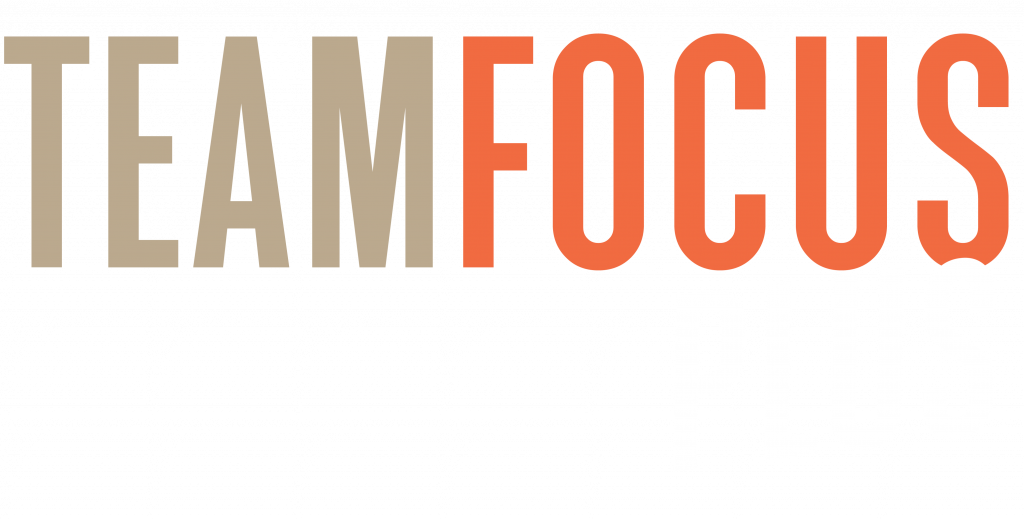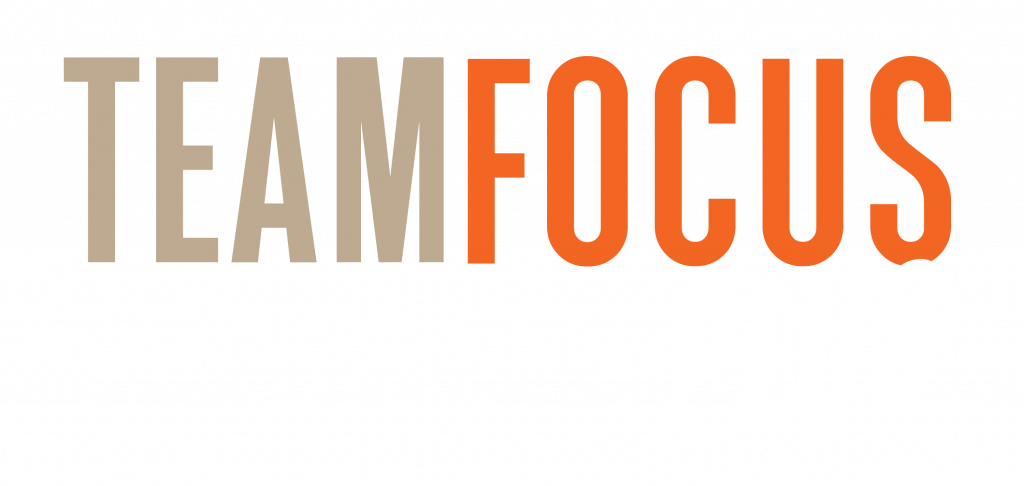Are you struggling with accountability?
Do people honour their commitments or do they play the “blame game?”
How often do you hear someone say “we need to hold people to account!”
Low accountability breeds a low trust culture that will constantly underperform. It can be a frustrating challenge for many managers and leaders.
The good news is that building accountability is surprisingly simple. The problem is that most people don’t understand accountability. They think it happens after the event. “I have to hold them to account.”
Genuine accountability happens before the event. The thought pattern needs to be “I have to get their commitment.” If you do that holding someone to account is simple.
Here is my three step process to building accountability. I hope it helps.
Step One: Start with Personal Responsibility
If you are struggling with accountability then it’s a good bet people are caught in excuses, blaming others, or denial. If that’s the case you need to help people move up our “Ladder of Responsibility”(pictured).
This is a great conversation to be having with your people. Most people intuitively understand why Denial is at the bottom and what is needed to take each step.
The secret to this conversation is to accept that we all spend time on different rungs. Don’t make the mistake of asking people “where they are?” The truth is we are all on different rungs at different times. Ask people “what puts you here – or here?” “How long do you spend there?”
You will get much better results from this conversation if you approach it from the perspective of minimising the time you spend on the bottom rungs and maximising the time you spend on the top rungs.
The most important question is “how do we move up the ladder? The answer will be to ask yourself question like “what could I have done differently?” “How did I contribute to this result?”
Work towards finding solutions and you will notice an immediate benefit. People will start to think differently and you will start the journey toward taking accountability.
Step 2: Focus on commitments
It’s a mistake to “hold people to account.” You will get much better engagement and results if you involve people in the conversation that establishes the expectation. Ask people what you can reasonably expect and then record their agreement and commitment.
This approach has many advantages. People will be much more committed to a target they have set for themselves. When you record their commitment you are a subtle message that you will follow up with them, which will get them to think more seriously about the commitment they are making. It’s also much easier to discuss why someone hasn’t delivered when they have agreed to a commitment first. Trying to hold someone to account without an agreement is a breeding ground for excuses.
The formula is simple. The clearer the agreement – the stronger the commitment – the easier it is to hold them to account.
But there’s a caveat here. It must be an agreed commitment. If you tell them you are simply setting them a task which won’t have the same impact. You need their agreement and commitment.
Step 3: Encourage commitments from others
As you discuss their commitment ask who they will need commitments from. You will build an amazing culture of accountability as people start negotiating commitments with each other.
To be truly accountable people will need to manage interdependencies. Get people thinking about it by asking “what will you need from other people to achieve this outcome?” “How will you get that commitment from them?”
Tell them the formula. The clearer the agreement – the stronger the commitment – the easier it is to hold them to account – the more likely they are to deliver on their accountability.
So remember:
- Accountability starts with an agreement. Get the person to agree and commit.
- Record their commitment – it’s then much easier to hold them to account
- It’s all based on personal responsibility – so make sure you build that first.
If you want to know more give us a call – 1300 551 274. Or you can email team@teamfocusplus.com






